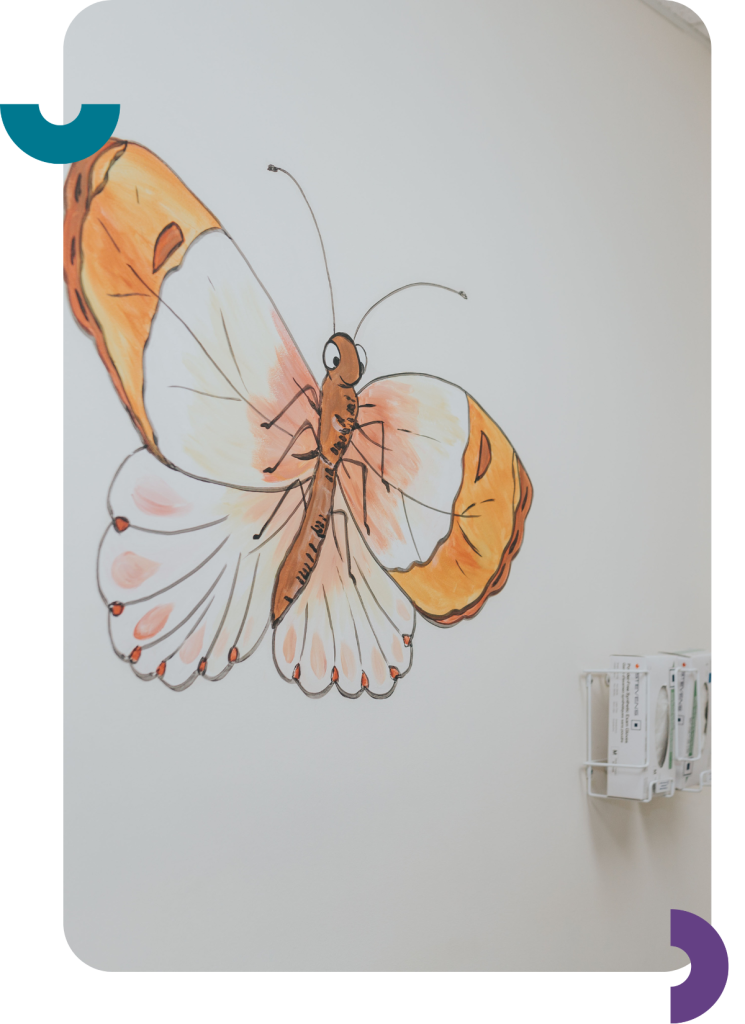Our role, our commitment
Racism and discrimination continue to exist in health care, impacting the health, wellbeing and care experiences of patients, their caregivers and health professionals.
Racism and discrimination violate the Alberta Human Rights Act, CPSA’s Code of Ethics & Professionalism and for CPSA’s regulated members, constitutes unprofessional conduct. CPSA has a responsibility to acknowledge this reality and take tangible action towards meaningful and lasting change.
CPSA stands firmly against racism and discrimination in all forms. All patients have the right to feel safe when seeking health care, and all health professionals have the right to feel safe in their workplaces.
Anti-Racism Anti-Discrimination Committee
This committee was established in 2021 as a priority committee of CPSA Council, to support CPSA’s commitment towards being an
anti-racism and anti-discrimination organization, as captured in in the 2022-26 Strategic Plan.
The Anti-Racism Anti-Discrimination Committee provides advice to CPSA’s Council on disrupting racism and discrimination within health care in Alberta. The committee includes regulated members, learners and CPSA Council members—some who have experienced racism and discrimination, as well as others who support this work. There are plans to further engage community members as this committee evolves.
In 2025, the Anti-Racism Anti-Discrimination Committee transitioned from a priority committee to a standing committee, recognizing that advising Council on anti-racism, anti-discrimination and equity considerations is an ongoing priority at CPSA.


Micro-aggression training for physicians
In 2023, CPSA, Alberta Health Services (AHS) and the Alberta Medical Association (AMA) partnered to create an online training course for physicians about micro-aggressions. With a goal of positioning Alberta’s physicians as leaders in addressing racism in healthcare settings, this course will help regulated members understand what micro-aggressions are, how to recognize them, why they are harmful, and how to respond.
Advice to the Profession
All ResourcesFeatured news (from CPSA’s The Messenger)
Have questions? Please reach out.
Phone: 780-423-4764
Toll-free: 1-800-561-3899 (in Canada)




















